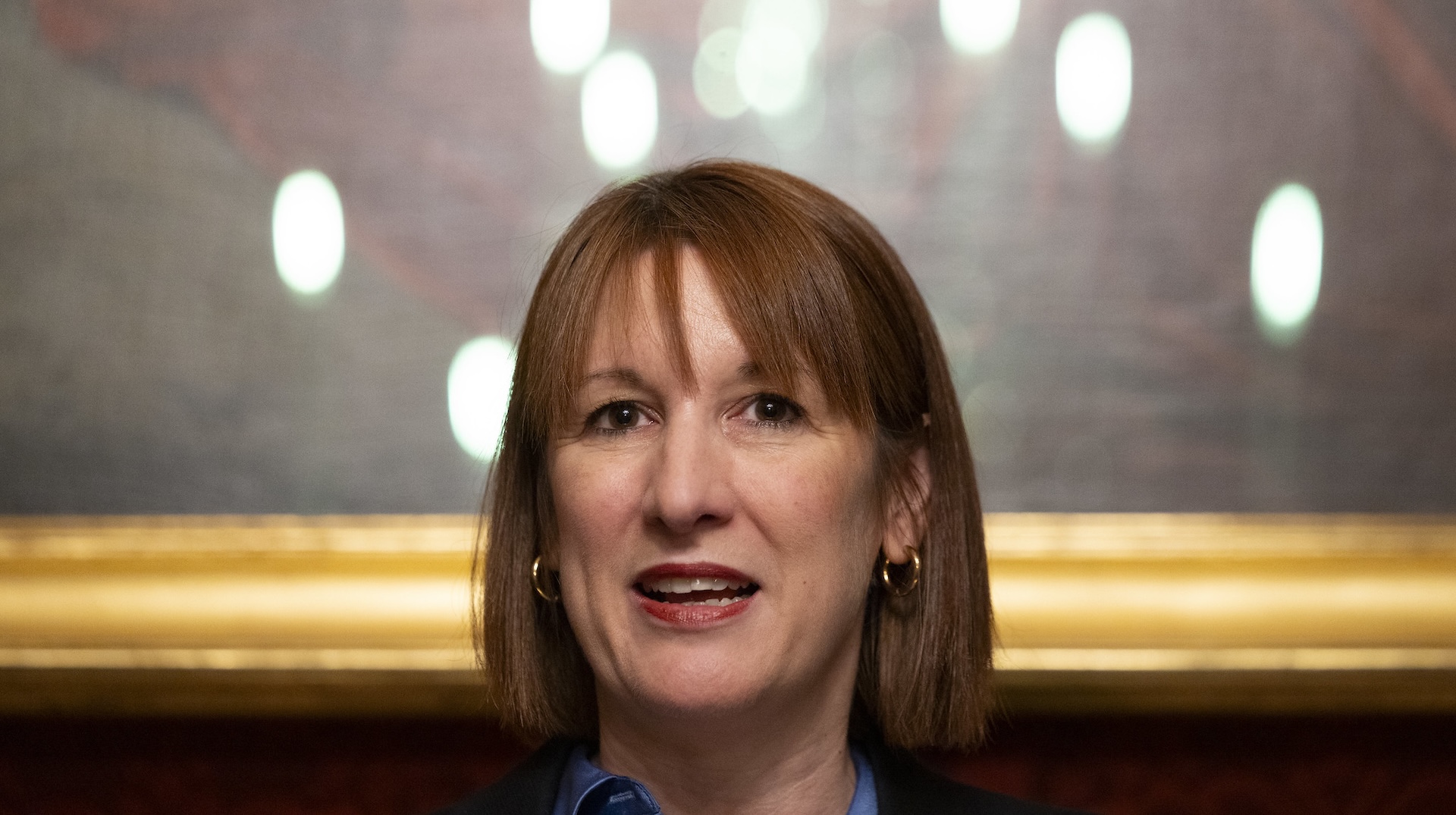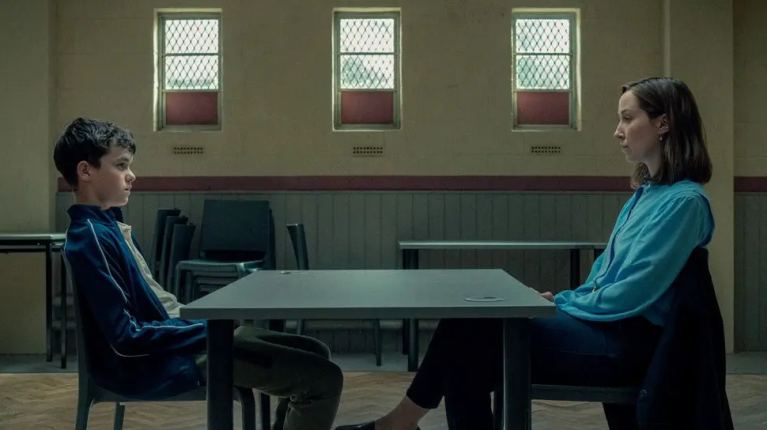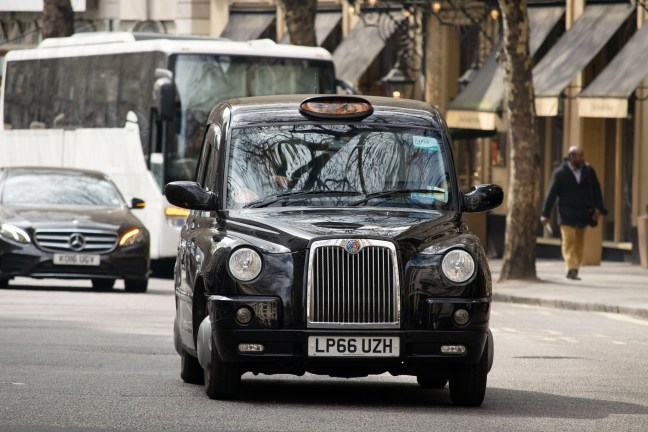Helped by a charity supporting vulnerable people like himself, James has gone on to work full-time for the charity that took care of him. He considered himself lucky to be able to empathise and apply his lived experiences to help others who have also “gone through turbulence”.
Living with or recovering from a disability is not always a straightforward path. Described as a decade of “ups and downs”, Kane shared his hopes for the future: “I hope from five years from now I’ll be working, well, even two or three like.
“I’ve been more stable since I got out of hospital, cause they changed my meds and that, so I think I’m on right meds now. I’m not so zombified and have more clarity of thought.”
Kane recognised that he needs training and ongoing support to enter employment when he is ready. His complex story, like that of many others, needs to be considered as the government makes “difficult decisions” on benefits and welfare spending.
Even for those who do not have a disability, or are perceived to have overcome one, the idea that “work” is the answer to their problems cannot be accepted uncritically. Josh, who has worked full-time for upwards of five years now, recalled the pressurised environment to find work.
“If you didn’t look for so many jobs a week, or look for so many jobs every few days, then you were always told you could be facing losses of certain benefits, or loss of certain amounts of benefits,” he said. “I mean, it wasn’t like I wasn’t trying to look for something. Sometimes, something just wasn’t there.”
Advertising helps fund Big Issue’s mission to end poverty
Sam, who enjoys her job for a large retail company, described the continued uncertainty of her work and income, which needs a top-up with universal credit.
“There can be one day where I work four hours,” Sam said. “Yesterday, I worked five hours and 15 minutes. There can be another one where I work six, another where I work seven. There was even one day, quite some time ago, that I worked two-and-a-half hours, which I thought was a waste of a day, but still.”
Precarious, irregular jobs are increasingly common, and evidence suggests that disabled people are 1.5 times more likely to be on insecure contracts with fewer workers’ rights. It is additionally recognised that it is decent work, not just any work, that is beneficial for mental health.
It is difficult to see how welfare-to-work reform can be a positive force for good without addressing wider structural issues and existing inequalities.
But a place to start is to listen to those with lived experiences of successive welfare reforms, and to understand that the weight of “difficult” decisions being made by the current government falls upon those who are already made vulnerable due to services and welfare cuts created through years of austerity.
As James put it: “I think it’s important that people know what’s going on at the bottom of the table. It’s about awareness for me now and helping others. So people being aware of what’s going on.”
Advertising helps fund Big Issue’s mission to end poverty
Next week, as Rachel Reeves stands at the ballot box, let’s hope she has really listened to the voices of people like James and all the millions like him.
Dr Amanda Light is a Mildred Blaxter Postdoctoral Fellow at Nottingham Trent University. To hear more about individuals’ experiences of welfare reform you can read ‘A Decade on: Walking the sharp edge of the UK’s social security system’ and watch the 2013 and 2024 animated films.
Do you have a story to tell or opinions to share about this? Get in touch and tell us more. Big Issue exists to give homeless and marginalised people the opportunity to earn an income. To support our work buy a copy of the magazine or get the app from the App Store or Google Play.
Big Issue is demanding an end to extreme poverty. Will you ask your MP to join us?










